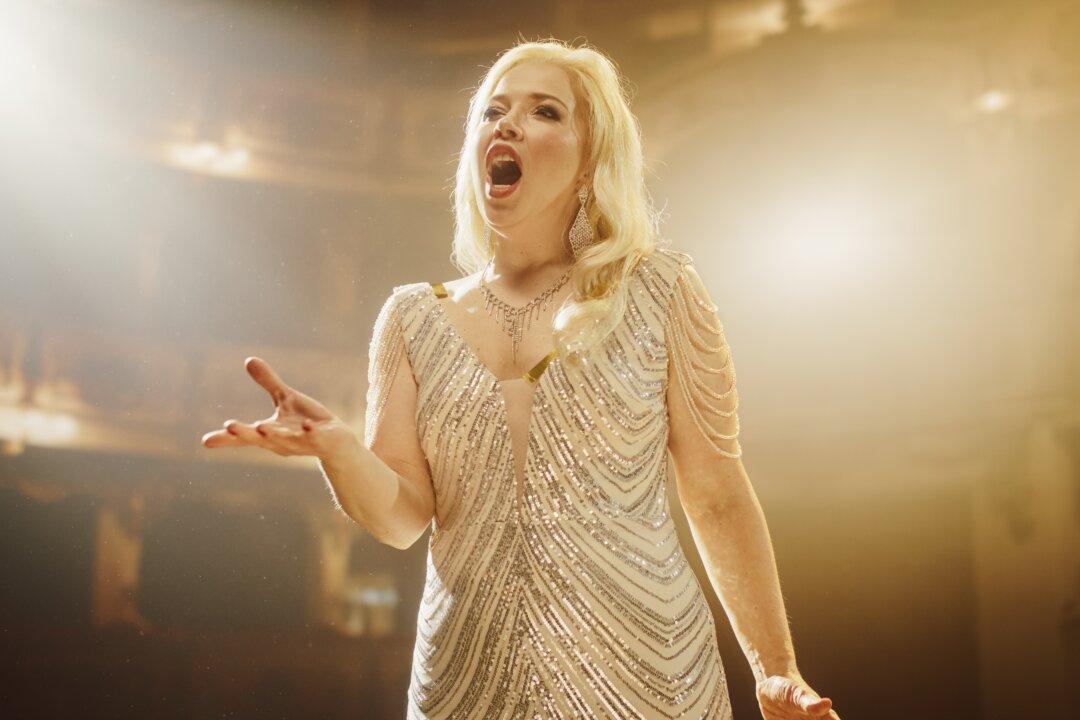It has many names: Shrove Tuesday, Fat Tuesday, Pancake Day. As the day before Ash Wednesday—the first day of Lent for Christians—this holiday has a rich tradition. Italy has its masked Carnevale and Brazil its colorful Carnival, but in the United States it is mainly celebrated in Louisiana, where Mardi Gras is the event of the year. One tradition all these events have in common is the wearing of masks—and I don’t mean surgical ones.
Most classic films that feature Shrove Tuesday in their plots depict the South American Carnival rather than New Orleans’s Mardi Gras. One exception to this is “Two Smart People,” an obscure 1946 film starring Lucille Ball, John Hodiak, and Lloyd Nolan. Directed by Academy Award nominee Jules Dassin, this black-and-white features Lucille Ball, the famous comedienne of “I Love Lucy,” who plays it straight as conwoman Ricki Woodner.





